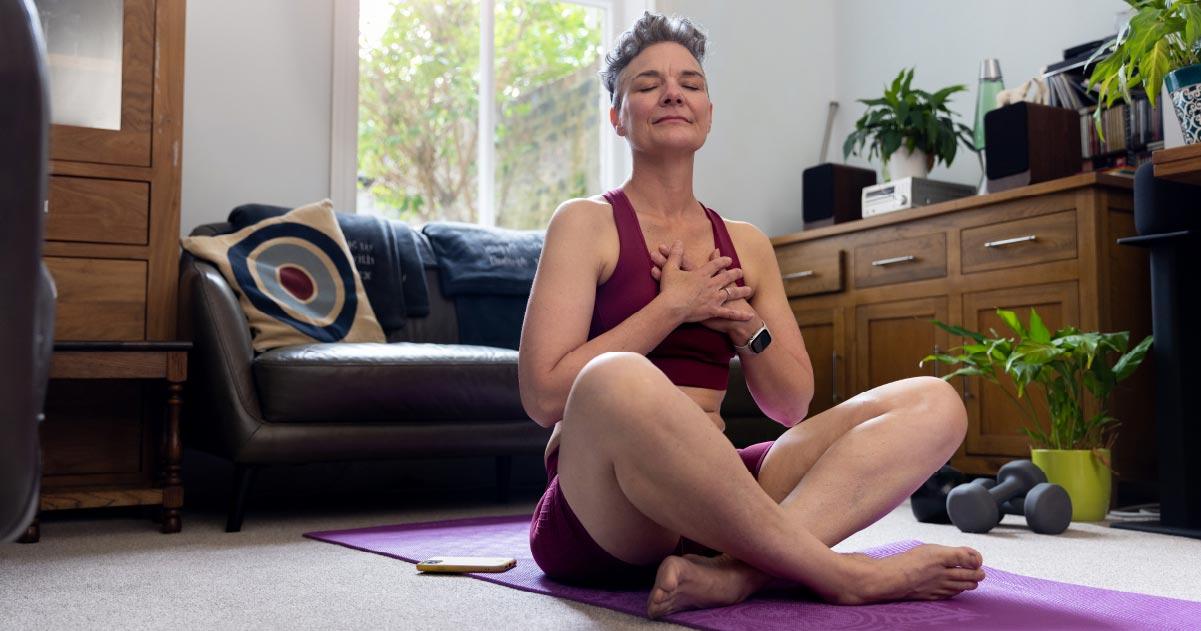Evidence-Based Programs
Use this tool to search forEvidence-based programs offer proven ways to promote health and prevent disease among older adults. Use this tool to search for evidence-based programs that match your community's needs and are approved for funding through Older Americans Act Title III-D. The programs included are not exhaustive and represent those that have been approved through the Evidence-Based Program Review Process.

This site is protected by reCAPTCHA and the Google Privacy Policy and Terms of Service apply.